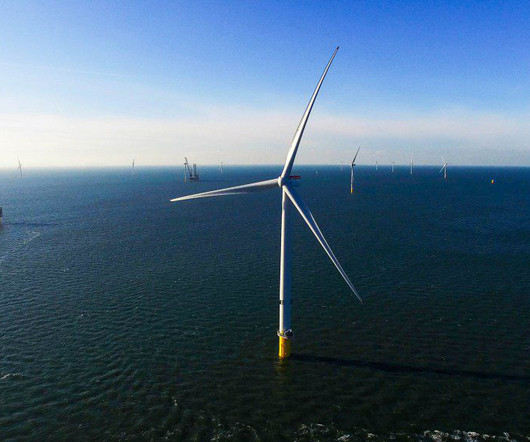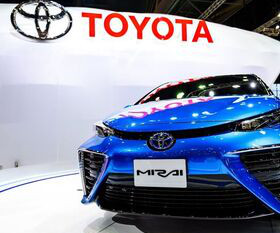Carbon emissions from generating electricity for electric vehicles vary greatly across the individual US states
Green Car Congress
MAY 1, 2023
by Michael Sivak, Sivak Applied Research The overall advantage of battery electric over gasoline vehicles, in terms of well-to-wheels emissions of greenhouse gases, has been well documented. On the two extremes, coal and oil result in about 176 times the emissions from hydro. Nuclear 0 0 Wind 2.5 Natural gas 87.9 Geothermal 16.5











































Let's personalize your content